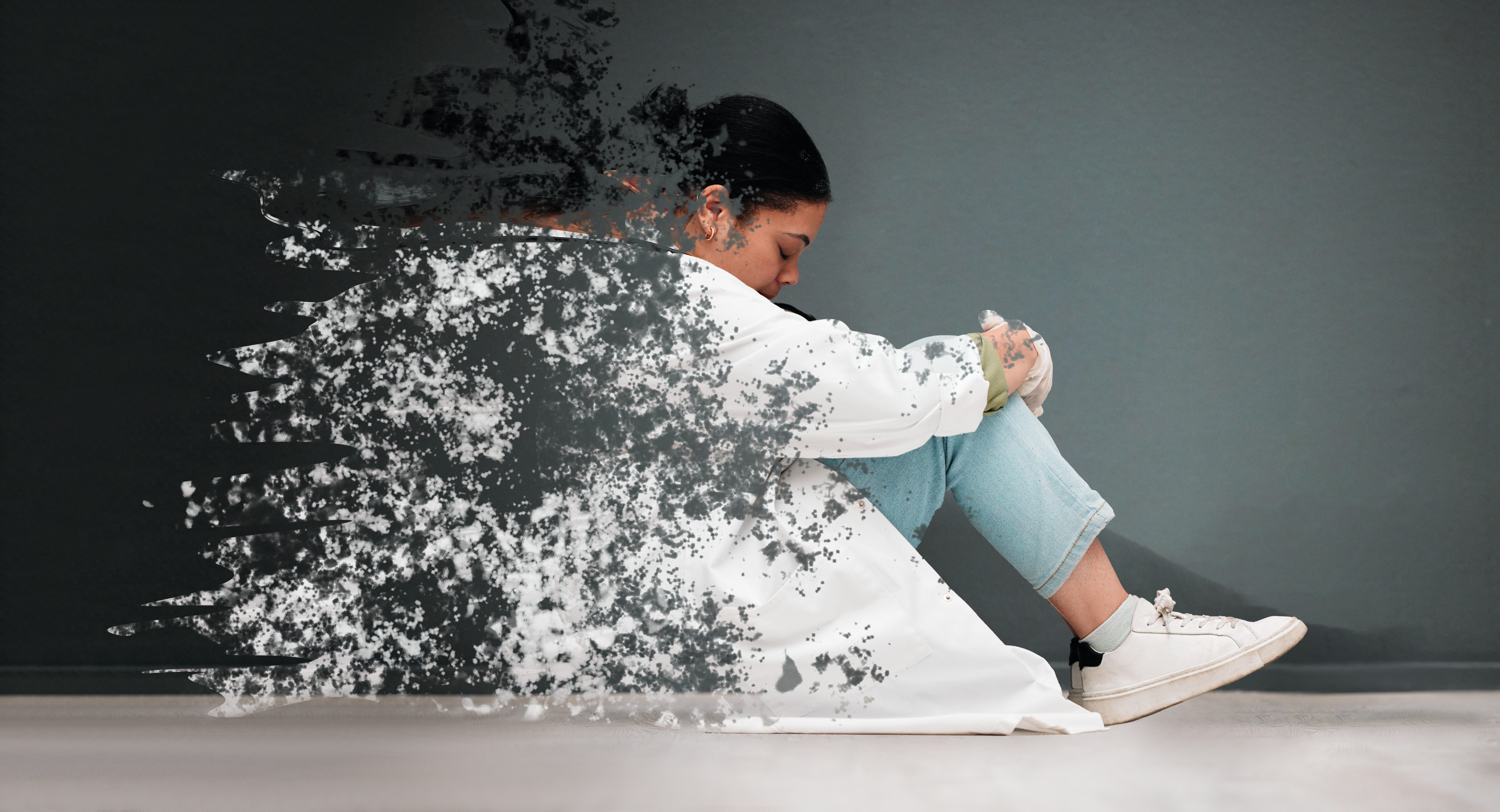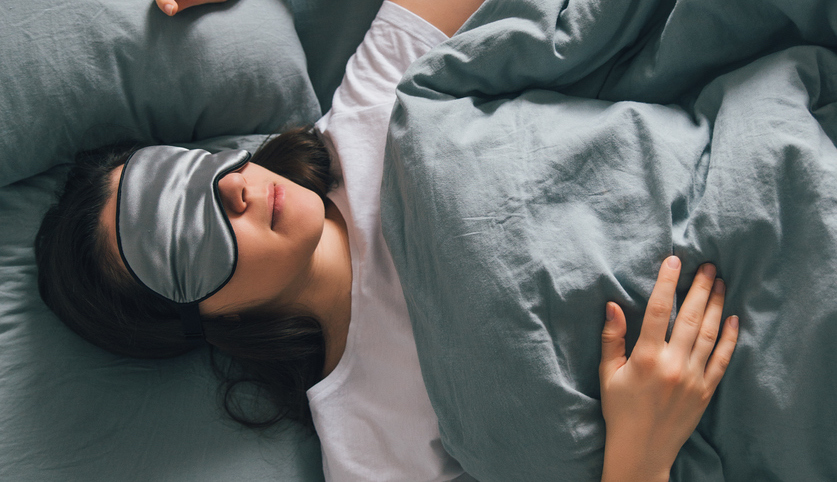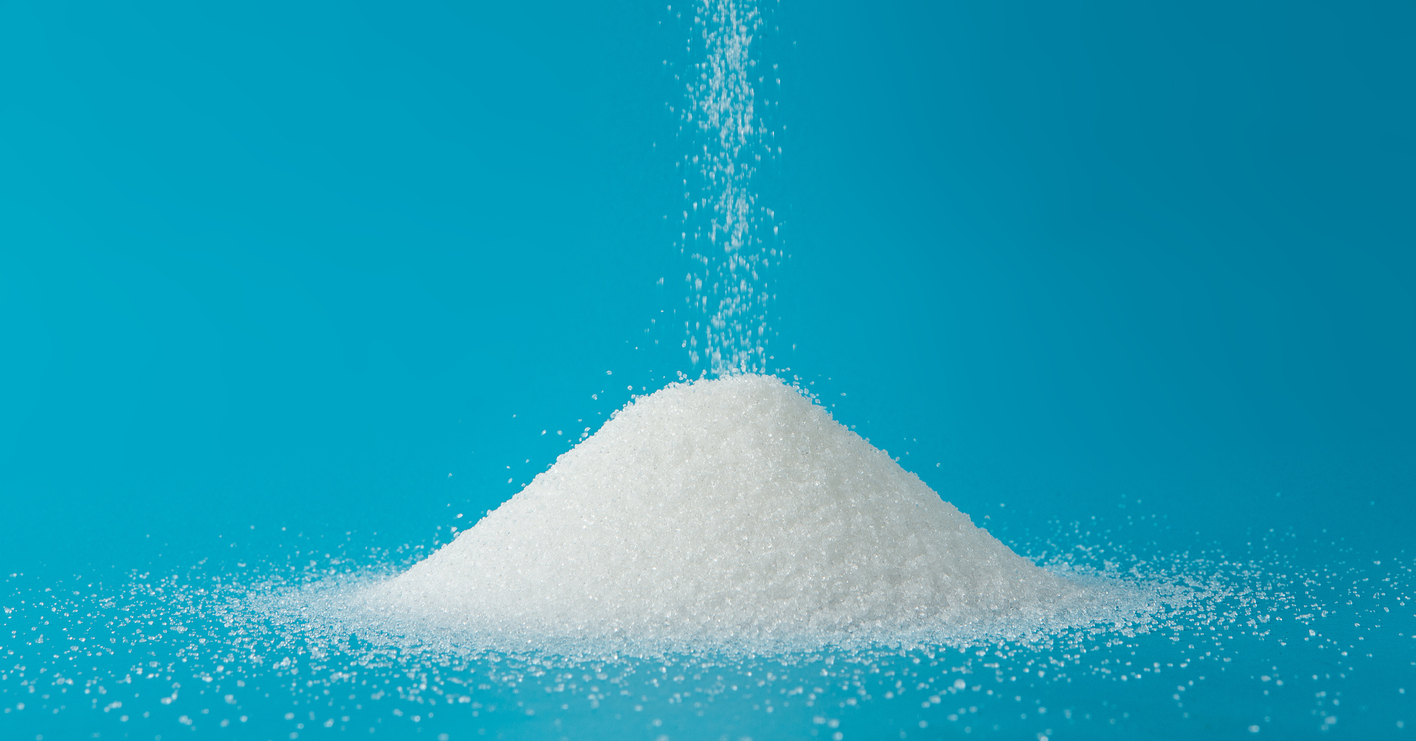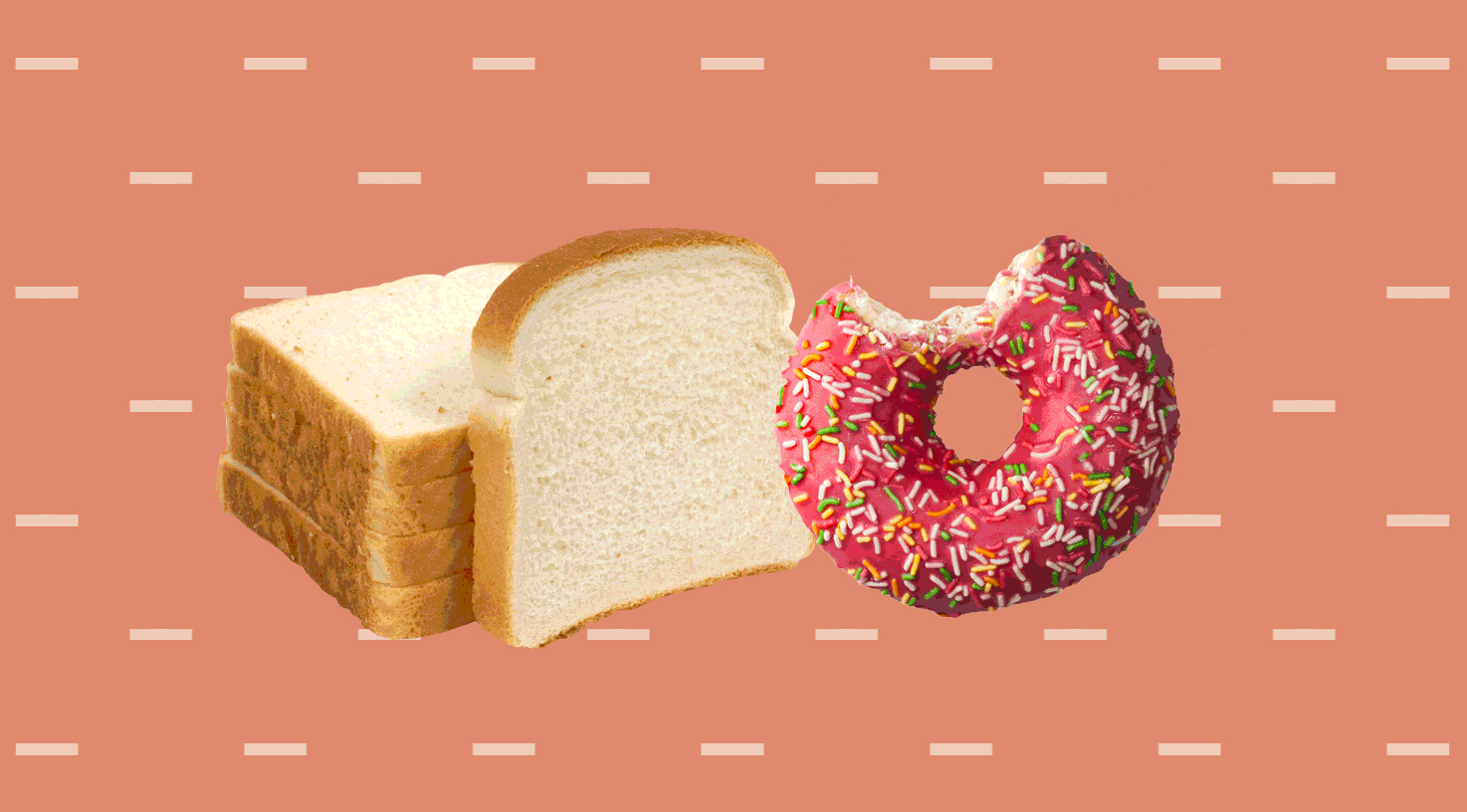Eliminating bread and sugar from your diet can occasionally do wonders for your health. Unfortunately, it sometimes feels impossible to overcome those cravings. With thousands of American-based foods laced with sugar and thousands of overly processed bread options to choose from, it’s hard to say no. Plus, those foods just taste so good. However, including copious amounts of them in our diet can cause more harm than good.
The good news is a lot of people are choosing to reduce their bread and sugar intake to live a healthier life. While it’s nearly impossible to completely rid your diet of sugar (even fruits are chock full of the stuff), reducing the amount of sugar and carbs (which turn into sugar) you consume on a daily basis can do wonders for your overall health.
Keep in mind, though, that getting rid of carbs completely might not be the best plan of action. Some carbs provide necessary fiber. And many are fine to eat in moderation.
All in all, it’s best to listen to your body and consult with a doctor before completely revamping your diet. But if you’re thinking of getting rid of sugar and carbs, check below to find what might happen to your body when you do.
1. You may experience symptoms of withdrawals.

The feeling can mimic the pain of drug withdrawal.
“Studies have shown that [when someone stops eating sugar] there are similar effects as when people get off drugs,” Grace Derocha, a registered dietitian, certified diabetes educator, and certified health coach at Blue Cross Blue Shield of Michigan told INSIDER. While that gnawing sensation may feel unbearable from the start, if you hold out, your body can eventually overcome the craving.
2. You may feel cranky during the first few days.

In fact, sugar often makes the body feel temporarily elated.
Consequently, depriving the body of the sugar can make you feel more on edge than normal. In addition to experiencing symptoms of withdrawals, you may also begin to feel more on edge than normal. Robert Glatter, an assistant professor of medicine noted:
As you begin to cut back on sugar intake, the body begins to sense this, and you may feel cranky or irritable, especially in the first few days.
3. You may feel fatigued and weak in the first few weeks.
It’s hard to say goodbye to bread for good reason.
According to Vice, when you give up carbs, you may begin to feel dizziness, fatigue, and weak, which could last for a few days or weeks. Some experts call this the “low-carb flu.” Dietitian at Cleveland Clinic Kristin Kirkpatrick told Vice, “The reason you feel fatigued in the beginning [if you go off carbs] is that you’ve depleted this main energy source which you are very much used to having.”
4. You may lose water weight before anything else.
But it’s nothing to worry about.
After cutting carbs and sugar, you may lose weight incredibly quickly. However, those pounds that you’re shedding are likely water weight, not fat. According to dietician Kristin Kirkpatrick, “the reason you shed water weight first is that carbs hold a lot of water.” Kirkpatrick also mentions that the lack of glucose will make your body look for stored forms of it, otherwise known as glycogen. She went on to say “the loss of stored glycogen truly is what is releasing all that water.”
5. Your athlete’s foot could disappear.
Your feet will thank you.
If you have issues with athlete’s foot, then you may want to stop eating sugar ASAP. Go figure. Best-selling author David Wolfe reported that “sugar feeds harmful microorganisms, such as candida and fungus (athlete’s foot), so you may notice an immediate change in these or related conditions.”
6. Your insulin levels will probably reach normal levels.
It’s not normal if your insulin spikes.
And while sugar might be tasty, it can destroy your insides if you eat too much According to best-selling author Dr. Sara Gottfried, “research has shown that within 72 hours, you can repair your insulin receptors” when you stop consuming sugar on a regular basis. Once the insulin stabilizes, other things, like your hormones, will go back to normal as well.
7. You may experience residual cravings.
It’s not over yet.
You may think you’re in the clear after successfully cutting carbs and sugar for a while, but your body may still experience residual sugar cravings, whether you like it or not. Dr. Ian K. Smith notes that “[residual cravings] are beyond the withdrawal symptoms, but they’re missing certain types of sugary substances.” To combat the cravings, try eating plenty of protein, healthy fats, and fiber.
8. You may feel fuller than normal.
It’s not healthy to live this way though.
According to Reader’s Digest, while a lot of people report feeling fuller on low-carb diets, they’re most likely eating lean meat and healthy fats to replace all those missing carbs. And those substances take more time to break down. Over time, the heavier foods can be detrimental for your health. In fact, Jessica Crandall, RD, a certified diabetes educator, said that these kinds of diets are not sustainable in the long run.
9. You may have morning breath all day long.
This doesn’t sound sexy.
When you go on a low-carb diet, your body will go through a process called ketosis. In simpler terms, since you no longer provide your body with carbs, your body is forced to burn fat for energy. While this might sound like a win for some people, look out. The process can also cause a negative side effect – morning breath. In addition to the smell, your mouth might taste like nail polish remover. Weird.
10. Your bowel movements might not well… move.
And you’ll have a lack of fiber to thank for that.
Here’s yet another carb-cutting side effect. A lot of carbs, like wheat bread and enriched pastas are chock-full of fiber. When we stop ingesting enough of those fiber-rich foods, our bowel movements tend to come to a halt. And if you’ve ever been constipated, you know that’s not comfortable at all. “People tend to forget that some carbs can be a good source of fiber, and fiber helps move food through your digestive system,” said Gina Sam, a New York City-based gastroenterologist.
So if you’re not going to eat carbs, make sure to incorporate other fibrous foods into your diet.
11. Your cravings will diminish.
That’s a good sign.
During week three of your no sugar journey, you’ll likely begin to notice that your sugary cravings steadily decrease. “People usually have no cravings, no symptoms, and are losing weight,” said Dr. Ian K. Smith. Plus, when you no longer have sugar stored in your body as fat, you have the ability to become leaner.
12. You’ll have clearer skin and less inflammation.

Get ready for a healthy-looking face.
When you eat sugar, your body can naturally become inflamed. And for some people, the reaction causes the skin to flare up with pimples and fine lines. However, once you eliminate processed sugar completely, you may notice that the quality of your skin improves drastically. This means less irritation and puffiness.
13. Your mental clarity might improve.
And the brain could feel a lot less sluggish.
After a month of not eating any sugar, you can almost certainly expect to maintain stable blood sugar levels. And according to Dr. Sara Gottfried, most people also notice that they are able to think more clearly. Furthermore, she states that eating an excessive amount of sugar can disrupt the gut and troublingly “cause an overgrowth of bad bacteria in [the] gut.”
14. Your sleep can improve.
Get ready for those zzz’s.

When you’re not consuming sugar on a daily basis, you might not be able to get the shut-eye you deserve. Mark Hyman, A Cleveland, OH, medical director noted that “eating sugar before bed can also supercharge stress hormones, which leads to trouble sleeping.” However, Hyman also noted that once you kick the habit, you’ll likely be able to fall soundly asleep.
15. You just might live longer.

No sugar spikes lead to a happy, long life.

If you constantly eat sugary foods, your insulin will attempt to compensate for the influx. Consequently, your nervous system will negatively activate, causing your blood pressure and heart rate to increase. To avoid this reaction, minimize processed sugar in your diet at all costs.\
Though there are plenty of less-than-desirable side effects that accompany a no carb no sugar diet, there are many perks, too.
Do you plan on trying it out?

